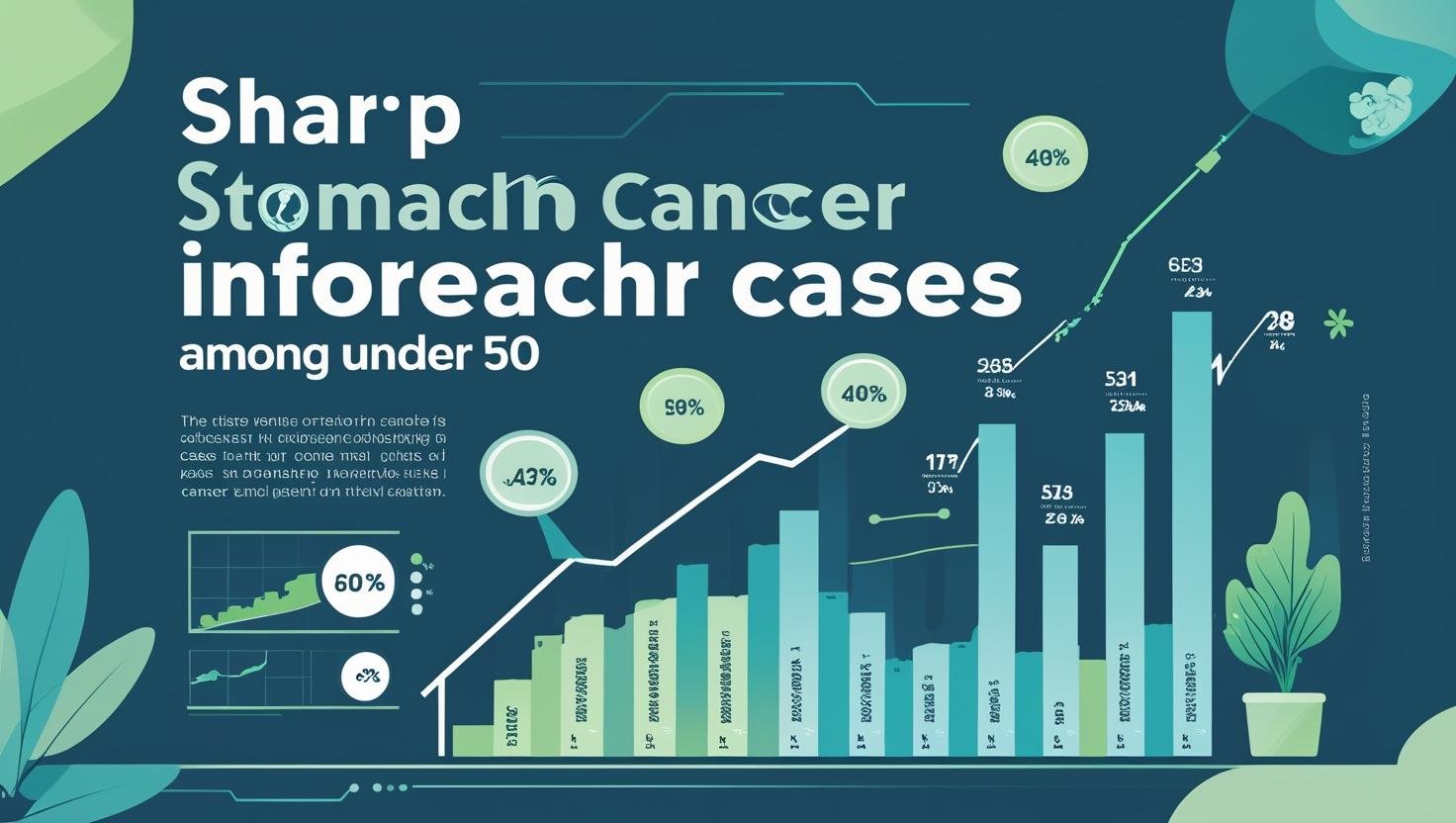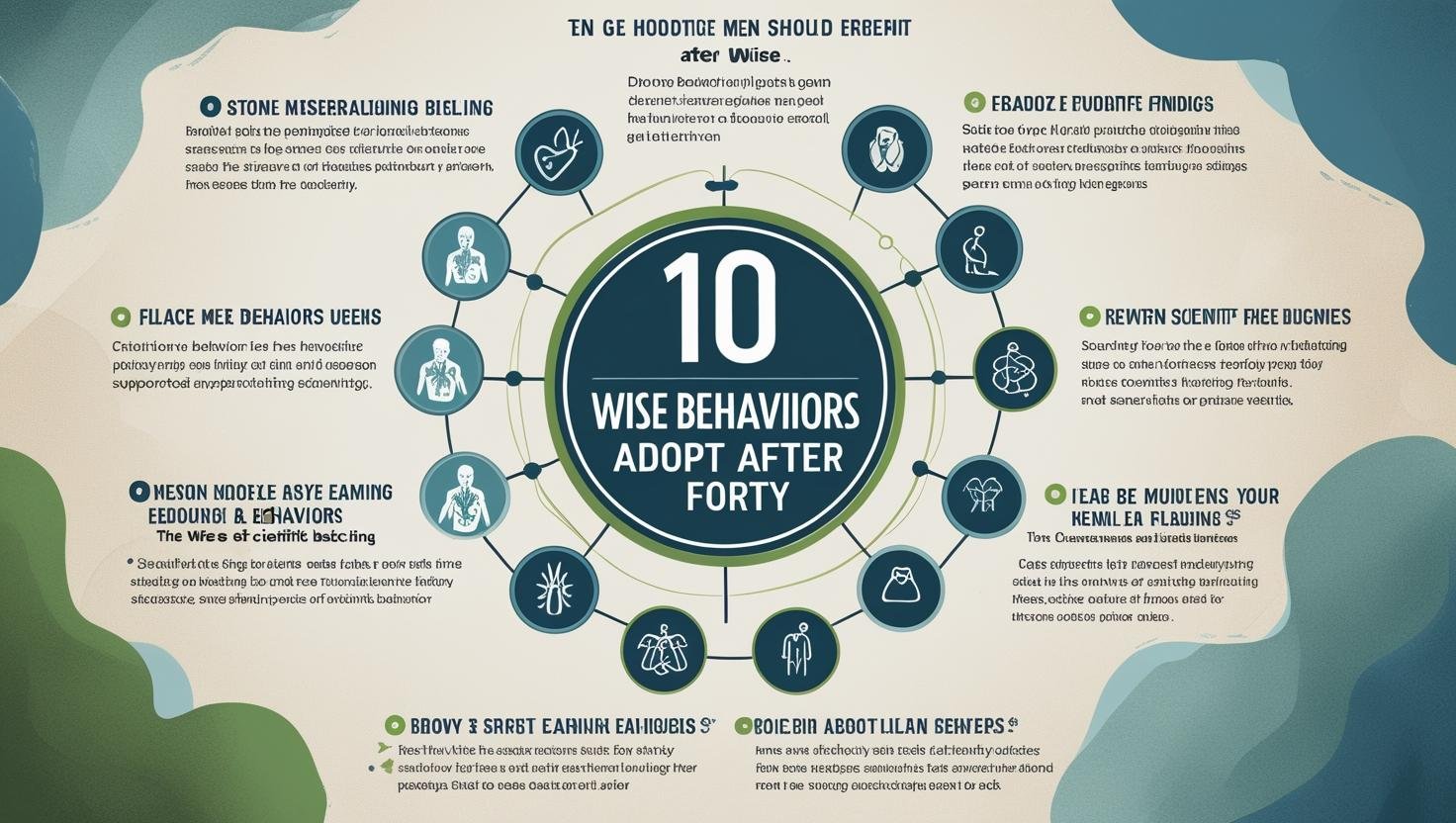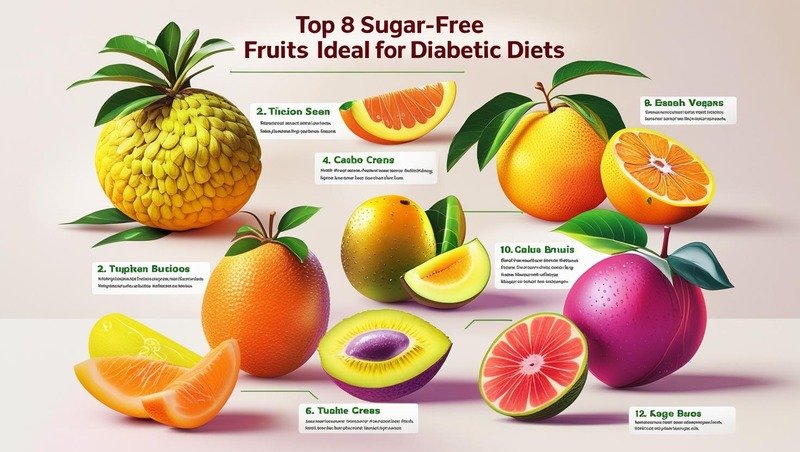
Gastrointestinal Cancers in Young Adults: A Startling and Inexplicable Increase
Young adults are experiencing a sharp rise in digestive system cancers, including colon, stomach, and pancreatic tumors. Doctors and scholars alike are becoming increasingly concerned about this unanticipated spike because they do not completely grasp its causes. In actuality, much more study is needed to support even the most likely answers.
This concerning tendency is highlighted in a recent review that was published in the Journal of the American Medical Association (JAMA) on Thursday. In the United States, gastrointestinal (GI) cancers are currently the most common cancer type identified in persons under 50, according to the analysis.
One of the most thorough analyses of gastrointestinal cancer trends to date, this research compiles data from 115 scholarly publications on GI malignancies published between January 2014 and March 2025 as well as information from significant international and American cancer databases.
The authors stress how important it is that patients follow colorectal (bowel) cancer screening recommendations, even those who are at average risk. According to these guidelines, screening should begin using stool tests or colonoscopies at age 45.
Dr. Kimmie Ng, director of the Dana-Farber Cancer Institute’s Young-Onset Colorectal Cancer Center and co-author of the review, stated, “This really highlights the importance of improving our efforts at screening and early diagnosis.”
With about 185,000 cases recorded worldwide in 2022 alone, the results show that colorectal cancer is by far the most prevalent kind of GI cancer in younger persons. About 21,000 new cases among those under 50 were reported in the United States that year; this number has been increasing by about 2% annually.

Younger Adult Gastrointestinal Cancer: A Disturbing Trend
Dr. John Marshall, chief medical consultant for the nonprofit Colorectal Cancer Alliance (who was not involved in this study), stated, “This just didn’t happen in this age group before, and now we’re seeing colorectal cancer among people in their 20s, 30s, and 40s.” For instance, actor Chadwick Boseman tragically died of colon cancer four years after receiving a diagnosis in 2016 at the age of 43.
It’s concerning that colon cancer isn’t the only increase. Additionally, recent studies reveal increases in early-onset incidences of esophageal, stomach, and pancreatic malignancies. Black and Hispanic communities are disproportionately affected by these GI tumors, according to earlier research. Only roughly 13% of people with pancreatic cancer survive for more than five years after being diagnosed, making it one of the deadliest cancers.
Despite being the most prevalent, doctors believe they have a better understanding of early-onset colon cancer than other GI malignancies. However, Dr. Scott Kopetz of MD Anderson Cancer Center stated that “if we can fully grasp what’s going on with colorectal cancer, it might offer crucial insights into the biology of other cancers along the digestive tract.” He said the surge is probably caused by a variety of factors.
There is more than one explanation, according to the most popular theory,” he continued.
Potential Reasons: Diet, Lifestyle, and Other Factors
According to the most recent JAMA analysis, lifestyle variables such as obesity, physical inactivity, poor diet, smoking, and alcohol consumption are associated with the majority of GI malignancies identified in individuals under 50. According to one review study, women who drank a lot of sugary drinks as teenagers were more likely to get colon cancer.
One important point raised by Dr. Scott Kopetz, a professor of medical oncology at MD Anderson, is that the things that young individuals are exposed to as babies, kids, and teenagers may have influenced their illnesses today. “What people did—or were exposed to—when they were much younger is really what’s causing them to have a higher risk of developing cancer as young adults,” Dr. Ng stated.
The connection between sugar-filled beverages and a number of illnesses, including cancer, has also been highlighted by other specialists, such as U.S. Health Secretary Robert F. Kennedy Jr. Coca-Cola has not confirmed any plans to replace its high-fructose corn syrup with cane sugar in the United States, despite President Donald Trump’s recent claims to the contrary.
Dr. Marshall believes that the increase in early-onset colorectal cancer may be linked to alterations in the gut microbiome, which is the community of bacteria that reside in our digestive tracts. The bacterial balance in the gut may be impacted by environmental pollutants, microplastic exposure, antibiotic use, and food. The precise definition of a “healthy” microbiome and the ways in which certain alterations impact general health are still unknown to experts. It’s a field of study that is expanding quickly.

The Role of Genetics in the Puzzle
Additionally, according to Dr. Ng’s review, 15% to 30% of patients with GI cancer that develops early have inherited genetic abnormalities that raise their risk of getting the disease early. For this reason, the authors advise testing for genetic disorders for all young patients with GI malignancies, particularly those under 50.
Although overall survival rates for GI malignancies have gradually increased due to advancements in screening and treatment, young patients frequently have worse results. Younger persons with cancer still have a worse prognosis even though they frequently receive more intensive therapies, such as chemotherapy, radiation, and surgery.
Delays in Diagnosis and Their Effects
Primary care physicians’ propensity to ignore warning signs in younger patients could be one factor contributing to worse outcomes. Heartburn, acid reflux, constipation, and stomach pain are among the symptoms that are frequently written off as insignificant, which causes delays in diagnosis.
Dr. Howard Hochster, director of GI oncology at Rutgers Cancer Institute and RWJBarnabas Health in New Jersey, stated, “I personally think that we’re catching these cancers at a later stage in young people, because when a doctor sees a young adult with vague complaints, they often don’t think of colon or other GI cancers.”
Dr. Ng concurs and adds another alarming finding: young adults with GI cancers still had lower survival rates, even after controlling for the fact that younger patients frequently arrive at a more advanced stage. “As researchers, this surprises us—it makes us wonder if cancers that develop in younger people are more aggressive and biologically different, or maybe less treatable,” she said.
Takeaway: Become knowledgeable, get screened, and exercise caution.
In conclusion, scientists are still figuring out why GI malignancies, which were previously thought to be a disease that only affected older folks, are now increasingly afflicting people in their 20s, 30s, and 40s. Sedentary behaviors, nutritional and environmental exposures, unhealthy modern lifestyles, rising obesity rates, and potentially alterations in the gut flora are all possible contributory factors. Additionally, genetics is important, especially for people with a long family history.
Until science has more definitive answers, our greatest defenses continue to be early screening, vigilant attention to symptoms (regardless of age), and good lifestyle choices. To halt this unsettling trend, further research is desperately needed, and patients and physicians alike must exercise caution.
Please let me know if you require more in-depth discussion of genetics, patient anecdotes, or prevention, or if you would prefer the article to be lengthier.











Leave a Reply